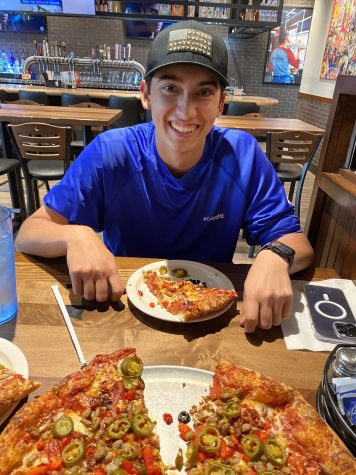Where Do We Go From Here? Solutions For Teens Facing Mental Health Issues.
We have established that teens are hurting, why they may be suffering, and what that might look like, but where do we go from here? Although these conversations are hard to have between teens and adults, they are necessary. Without telling someone else, nobody will know what is wrong in the first place and they won’t be able to assist in any meaningful way. Mental health is hard to bring up to a young person’s trusted adult because of the fear of reprisal. Teens don’t want that person, nor a parent, to punish them for how they are feeling; they also don’t want to be sent away to therapy or to be hospitalized for coming to their parent or trusted adult to start a conversation that is likely life saving. Most of the time the teen wants to be helped by the parent or adult they go to. It’s also hard to reach out, most teens believe that they are unique in their struggles; that their parents don’t understand. Even though the methods of dealing with mental health have changed over time, adults have most likely shared a similar mental state when they were young. It is very possible that parents DO understand. So how do we start these conversations?

I recently sat down with fellow student Kenzie Dodson to understand her approach of talking to her parents about her mental health.
H: Do you feel like you can talk to your parents about your mental health? Why or why not?
K: Yes, because throughout the years, my parents and I have remained on close terms so that if I ever feel depressed I have someone to turn to. It is sometimes hard for them because I’m a teenager who needs space, although I do need emotional support. But my parents are very good at checking in with me every day even when I don’t want it.
H: Do you believe it is easier to talk to another trusted adult?
K: Sometimes it is easier to talk to another adult because I don’t want to hurt my parents by feeling certain ways. My parents have spent their whole time as a parent trying to raise me the right way and make sure that I’m happy, and for me to feel depressed makes me feel like I’m not thankful for them and their hard work.
H: What would make this conversation easier to have with a parent or trusted adult?
K: It would make it more comfortable knowing that the person I’m talking to has been through the same situation mentally.

Gina and Jamie Knowles
I also talked to Gin Knowles, Jamie Knowles’s mom, about how she approaches conversations with Jamie concerning issues regarding mental health .
H: Do you feel like you can reach out to your high school aged student, and start a conversation about mental health?
G: Absolutely.
H: Why?
G: We have a really open relationship about all kinds of things. We talk about everything. And we have different people in our family that have issues and we’ve talked about those in different people in our immediate family have seen and counselor so it’s just not something that we think of as a stigma.
H: For others who may not have it as easy as you guys, what would you say to help make the conversation a little bit easier.
G: I think you just should look at talking about [mental health] like anything else, you know, just like if you have a sore arm or a broken leg. It’s nothing to be embarrassed about you just need to, you know, reach out for help if you need it, or talk to a counselor. Talk to someone in school. Talk to anybody that you know you can, but it just shouldn’t be looked at as something negative. It’s just something else to talk about and fix, and, you know, however [or] whatever [with] sources [and] resources you can use [to help].
Starting the conversation of mental health with your student or parent/trusted adult is not easy, however, it is something that must be done. Students are loaded with stress, and it is hard to know what is happening in their head. These conversations should become a priority to better the students’ mental fitness. Talking to someone is the first step in making your mental health better and a priority. If you’re forced to take the first step, then gather your courage and do it. If, on the other hand, your adult is asking (prying even) into your personal mental space, then let them in! Slow down and try to realize that the adults around us are deeply concerned and actually want to help.











Nichole Fischer • Mar 1, 2020 at 5:34 pm
I think this article is spot on and amazing just like you and your mom. Great article Hope Dawson